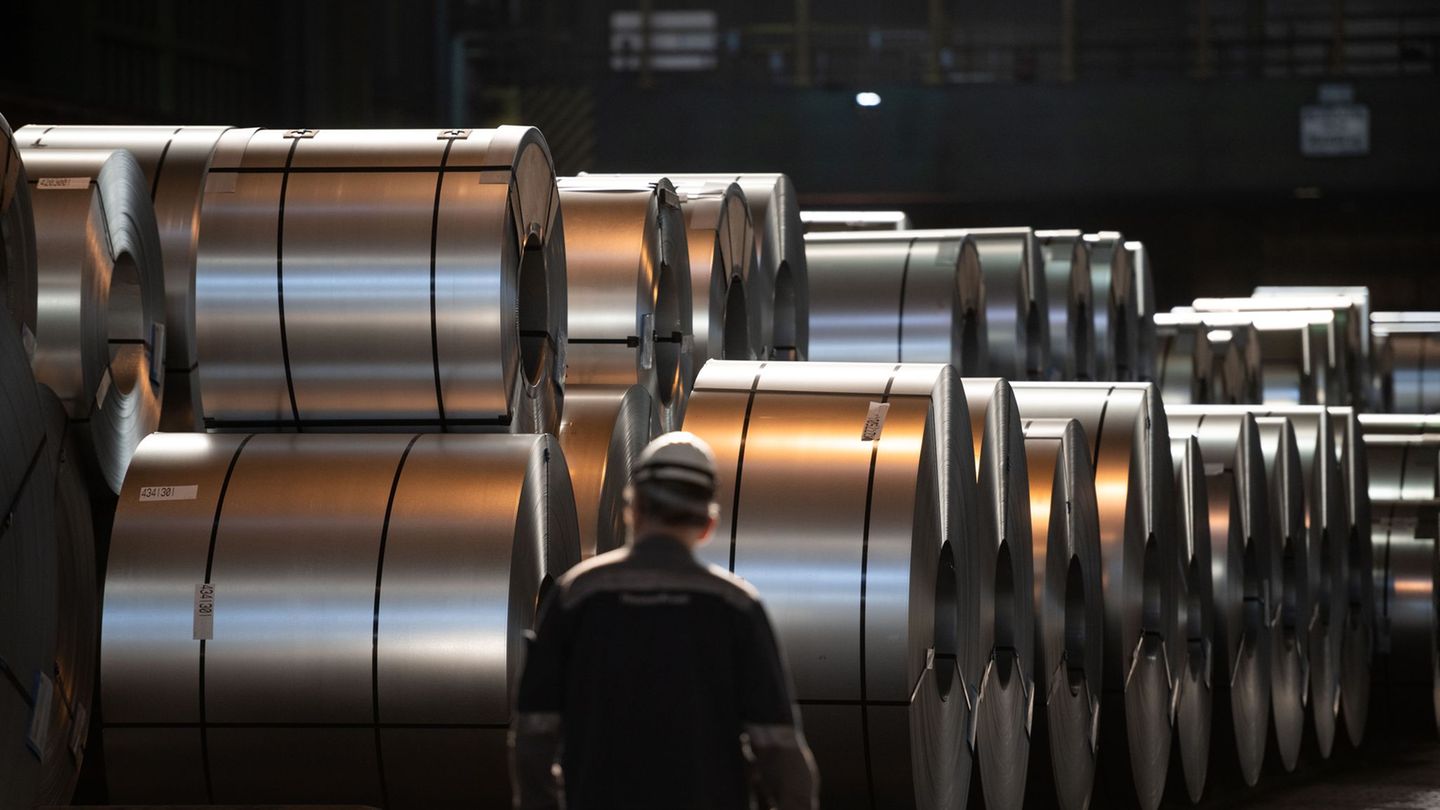Do you think Javier Milei will be successful with his economic policies?
If you think that Javier Milei It will go badly, the best thing you can do is submit your application before September 30, pay the 5% penalty and have free access to your money.
But if you think it will go well (as is my case), these are going to be, in my opinion, the most profitable investment alternatives with which you will not pay a penalty if you have your paperwork ready before September 30:
- Bonds in pesos.
- Shares of the Argentine stock market.
- Credit trusts.
Bonds in pesos
I don’t know floods issue more! It’s that simple. And if we also keep in mind that the Treasury has and will continue to have a fiscal surplus, what this means is that there will be fewer and fewer pesos. This was what the Minister of Economy himself said, Luis “Toto” Caputo: “the peso will be the scarce currency”.
The GREAT The question that investors ask every time they buy bonds in local currency (not dollars) is what will happen to the exchange rate. If I make 30% in pesos, but the peso loses 40% of its value, I will end up losing.
Here the equation is THE OTHER WAY AROUNDNot only is there no risk of devaluation, but it is most likely that the peso will end up appreciating against the dollar.
LECAPs are yielding in the region of 50% per year in pesos. If the exchange rate stays the same, that will translate into 50% in dollars. If the dollar falls by 10%, the final return would be 55% in dollars.
This alternative has the advantage of a good risk-return ratio. If stocks were twice as volatile, they would have to yield twice as much to leave us indifferent.
Argentine stock market shares
This is the option that I like the most because it fits my risk profile, which is ABSOLUTELY staff.
In a scenario where the government is doing well, it would not be far-fetched to think that Argentine stocks could return more than 100% in the next 12 months. Yes, even with the rise in the stock market already.
Any particular sector? Credit in Argentina is 7% of GDP, which means there is huge room for growth (in Chile, credit is 100% of GDP).
Which sector would benefit from this? The banker.
Credit trusts
Following the line of the first alternative, a trust allows access to borrow money in pesos. But instead of lending it to the Treasury, it is being lent to Argentine individuals.
Naturally, the rate of return will be higher than 50% and the risk will also be higher.
There are some alternatives that can limit the risk of these placements.
This is definitely a more sophisticated alternative but one that could offer returns of over 65% per year in pesos.
This is the most aggressive version of carrying out a “carry trade” in pesos. It is participating in the most direct way possible in the restructuring of credit in Argentina.
Conclusion
When asked if it is advisable to bleach, my quick answer is that YEAHThis is essentially a free money laundering with an extra: the Treasury has a fiscal surplus and will not be forced (as long as that surplus is maintained) to voraciously increase taxes or invent new taxes (like the wealth tax imposed by Alberto Fernández).
Finally, I share with you here “3 Questions about Money Laundering” (with their respective answers) that I consider essential to know how to answer in order to avoid mistakes when laundering. They have to do with Personal Assets, with the impact of a family member entering into money laundering, and with the difference in treatment between assets and cash.
You can download this report for free at this link: https://clubdeinversores.com/3-preguntas-clave-del-blanqueo-con-sus-respuestas/
Source: Ambito
David William is a talented author who has made a name for himself in the world of writing. He is a professional author who writes on a wide range of topics, from general interest to opinion news. David is currently working as a writer at 24 hours worlds where he brings his unique perspective and in-depth research to his articles, making them both informative and engaging.




